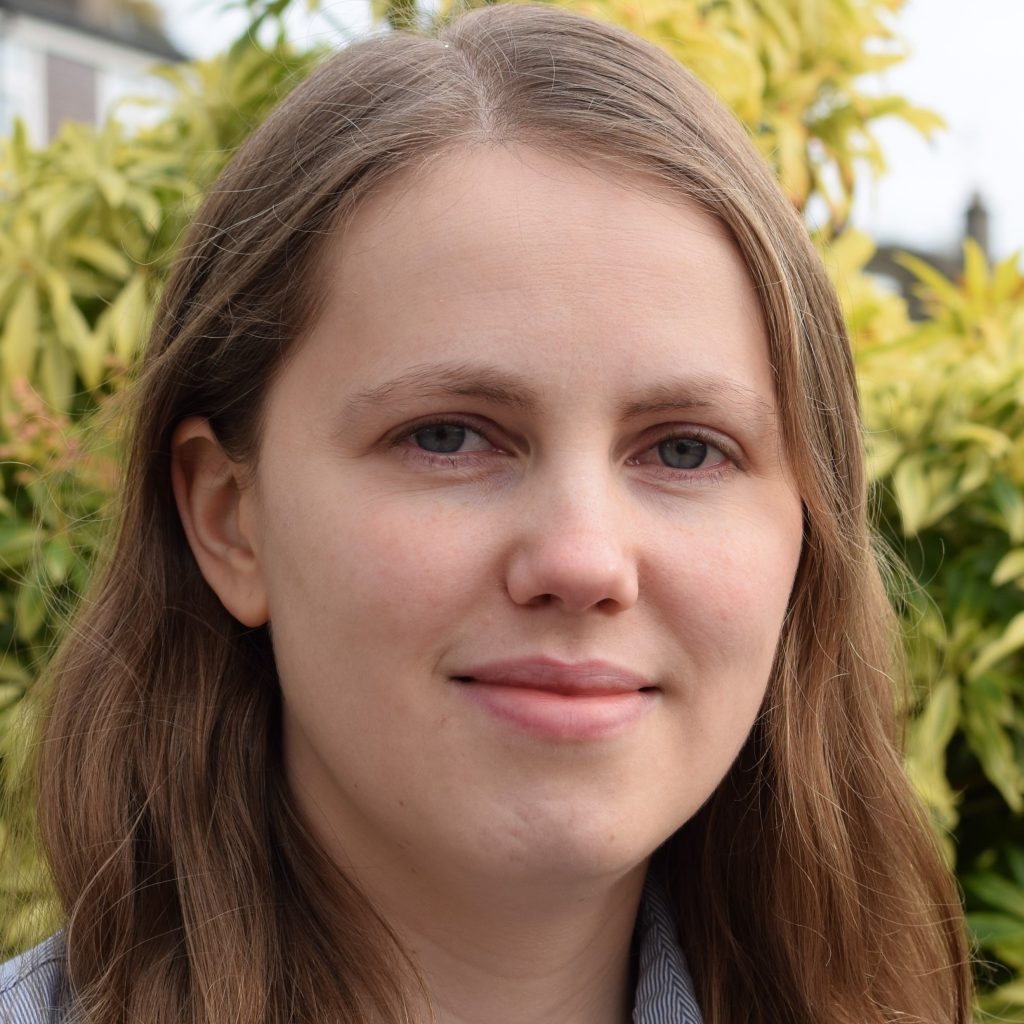
Hi I’m Catriona, a Teaching Fellow at the University of Aberdeen. I was previously a Research Fellow in the Aberdeen Spinal Injury Research Team working on novel combination therapies for spinal cord injury repair. I graduated with PhD in regenerative medicine from the University of Manchester in 2019. In my free time, I can be found doing craft, running and cuddling my 20 year old rescue cat, Marzipan.
My History
I’ve taken a slightly more unusual route into science in that I first studied medicine at the University of Aberdeen. My love of science and desire to help people were what motivated me to apply for medical school and I had my heart set on becoming a clinician scientist. However, as the degree become more clinical and I gained a better understanding of what being a doctor would be like, I began to doubt whether it was the right career for me. Between my 4th and 5th years, I took a year out to do an intercalated BSc (Hons) in Neuroscience with Psychology. When I initially applied for this, I was thinking it was the first step along the path to becoming a clinician scientist and unknown to me at the time, it would entirely change my career path. Beginning the BSc was definitely a steep learning curve. I went from a medical degree where I hadn’t done any basic science since 1st year into a class of final year science students with 3 years of teaching behind them. I had such a phenomenal year (in part down to the wonderfully supportive lecturers) and realised that actually, my passion was for science.
So during my final year of medicine, I began applying for PhD programmes. The regenerative medicine programme in Manchester really appealed to me because the field is so multidisciplinary. They were specifically looking for candidates from engineering and medicine as well as basic science backgrounds. The first 6 months were taught and that was invaluable in giving me a good grounding in stem cell biology and the translation of regenerative medicine (taking therapies from the lab bench into the clinic). Leading from this, I began my 3.5 year project. While my PhD was definitely challenging, I enjoyed it immensely. I had the opportunity to work at a world-class university in an amazing, supportive and collaborative lab. I gained not just excellent training, but a passion for science communication and lifelong friends (two of whom were my bridesmaids). In September 2018, I submitted my thesis titled “Investigating the potential of the mesenchymal stem cell secretome as a therapy for ischaemic stroke”. In the very unlikely event that you’re interested, it can be accessed here. I passed my viva that December with minor corrections and graduated in July 2019.
Shortly before submitting my thesis, I applied for and was awarded an Engineering and Physical Sciences Research Council (EPSRC) Doctoral Prize Fellowship which allowed to stay on in Manchester for another year. While the research I had proposed didn’t quite go to plan, I had the opportunity to develop new coding and systematic review skills. Leaving my lab in Manchester was really difficult but I felt the time had come and would develop more as a scientist if I moved somewhere else to work in a different research environment and learn new techniques.
In November 2019, we moved back to Aberdeen and I began a post-doctoral research fellow position in the Aberdeen Spinal Injury Research Team. I never expected to have the opportunity to move back to Aberdeen and it was complete serendipity that the job came up at the right time. It’s really lovely being back as a staff member still a little surreal at times. For example, I teach on courses that I had done as a student 10+ years ago! In 2021, I made the tough decision that running my own lab wasn’t in my future and what I’d enjoyed most in recent years was the teaching experiences I’d had. I love sharing my enthusiasm for science with others and helping them develop into better scientists! In August 2021, I therefore started a new role as a Teaching Fellow in Physiology and Pharmacology. I’m still absolutely loving it! It was a welcomed change and my colleagues have been incredibly supportive.
I may not have had the most linear career path (so far!) but I don’t regret any of my decisions. Having a medical degree and doing research in a very translational field like regenerative medicine is a big advantage as I can think from the clinical perspective as well. I also gained a number of transferable skills that I think have made me a better scientist including communication skills, time management and how to handle stress. In my teaching-focussed job, my medical degree is also asset because I’m able to give students clinical examples to help them see the bigger picture and can share my experiences with those wanting to go onto to study medicine after their medical sciences degree.
